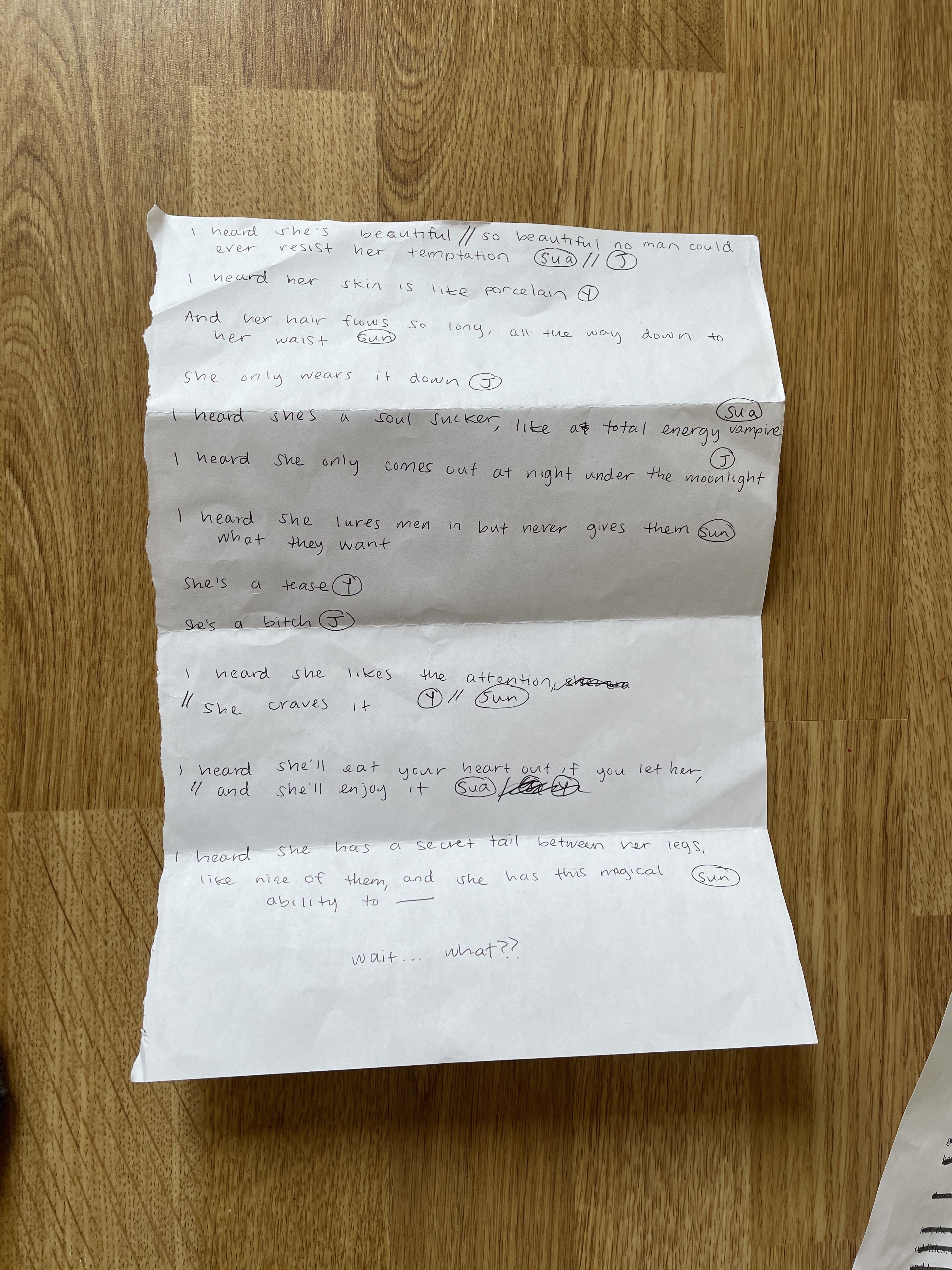Gossip has always been used as an indicator of “femaleness” or “womanhood”. The term gossip dates back hundreds of years, originally used to describe a group of women who were called upon expecting mothers. During childbirth, the gossips arrived with the midwife to help the laboring woman. The inclination of our modern usage of the word is due to men believing the women were talking bad about them during the birthing process. In a podcast episode of History Extra, Mary Fissell, professor in the Department of Medicine and History at Johns Hopkins University, states:
“It’s very revealing that the word ‘gossip’ has come to be associated with salacious tittle tattle. I think it tells you a lot more about men’s imaginations at the time than it does about the actual conversations women may have had.”1
Mary Fissell: History Extra podcast
In most cases, the term gossip has transformed into something lackluster and snarky, attributed to women as a lack of respect. I wondered how I could bring in such a historically feminine activity into my own piece to once again gain the narrative of it, while also criticizing the way gossip is used in the media.
In the cult classic “Mean Girls” when sidekicks Janis and Damien are telling protagonist Kady about the “plastics”, the movie jumps to different cut scenes of random high school characters each expressing different phrases about the plastics. “I hear Regina does car commercials… in Japan”; “One time, she punched me in the face. It was awesome”. These gossip statements stand out because they are the only time the fourth wall is broken in the movie – each statement is told directly to the camera, almost like an interview for a documentary. This thirty-second playful editing choice was the inspiration for the introduction portion of my piece.

The gossip phrases in my work start off harmless and mostly complimentary to the woman we are talking about. Yet so much of the words I chose had to do with a woman in relation to a man to further point out how women are usually talked about. “I heard she’s beautiful, so beautiful no man could ever resist her temptation.” As we talk more and more, the words become more judgemental, harsher, still describing a woman in relation to men. “I heard she lures men in then doesn’t even give them what they want.” (Because, how dare she?) “She’s a tease, she’s a bitch”.
To finish the gossip segment, I brought in magic and mythology, “I heard she has a tail, nine of them between her legs, and she has magical powers that allows her to shapeshift—-”. By bringing in something other worldly and fantastical, I am challenging the audience to question everything else said before, hopefully allowing consideration to how women are sometimes talked about, to how rumors spread. As the other girls question these statements, I want viewers to wonder why no one questioned the phrases before – how come it is so easy to blindly accept nasty words said about women?
- Mary Fissell, “From ‘History Extra Podcast’,” discussion with Ellie Cawthorne, BBC History Magazine, March, 2022.